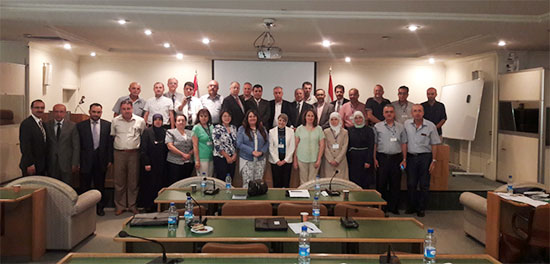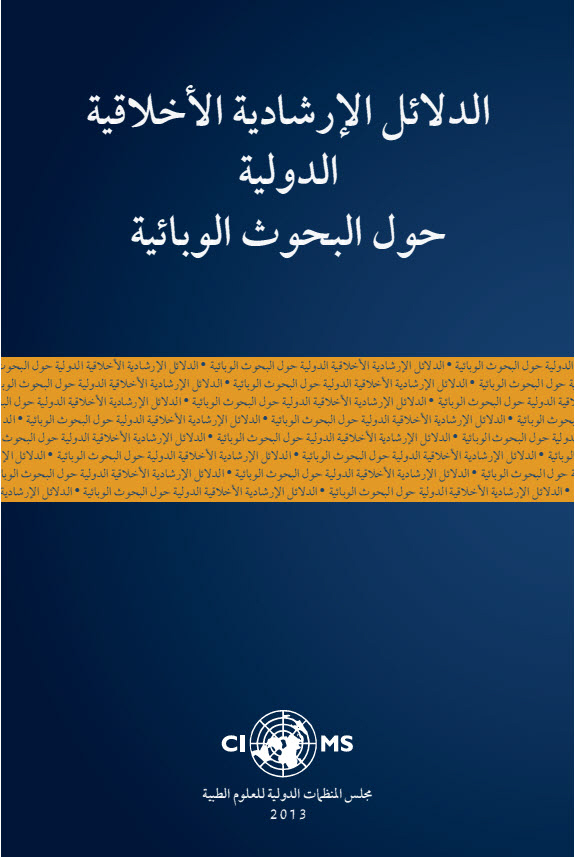
Damascus, 27-30 August 2017 - During the recent regional summit for the National Bioethics Committee (NBC, Muscat, 5-6 April 2017), the achievements and challenges in promoting bioethics and health ethics in conflict situations, were shared including the case in Syria. The United Nations Organization for Education, Science and Culture (UNESCO) and the WHO Regional Office for the Eastern Mediterranean (EMRO), as part of the cooperation agreement and framework, jointly conducted this activity in close coordination with the Syrian National Commission for UNESCO and the Syrian Ministry of Higher Education.
The main goal of the workshop was to enhance the capacity of Syrian university professors engaged in bioethics teaching and research ethics who were introduced to the tools produced by UNESCO and WHO.
The workshop participated by 30 experts from different regions in Syria: professors at universities with medical, public health and ethics backgrounds including some experts who work in the humanitarian field.
The first 1.5 day focused on bioethics teaching and introduced tools produced by UNESCO, such as Bioethics Core Curriculum (BCC), and Universal Declaration on Bioethics and Human Rights (UDBHR). Two trained Syrian nationals (UNESCO's Ethics Teachers' Training Course ETTC alumni 2016) facilitated the learning process.
The second 1.5 day focused on research ethics, especially in humanitarian settings, produced by WHO
The workshop came out with a list of recommendations including:
All the teachers in Syrian Universities must take an active role in Medical Ethics, Bioethics, and Ethics of Research
UNESCO and WHO to facilitate regional collaboration, multidisciplinary cooperation between NBCs, local Ethics and Research committees,
Raising public awareness, especially among patients, on bioethics-related matters
Foster bioethical principles within the health sciences curricula of academic institutions and in-service training of health care providers (using regional/international expertise)
Capacity building of health care providers on medical/research ethics, priority setting, impact assessment, and ethics/research during humanitarian emergencies and outbreaks using available resources from Council for International Organizations of Medical Sciences (CIOMS), UNESCO and WHO guidelines.





 المبادئ التوجيهية الأخلاقية الدولية للبحوث المتعلقة بالصحة التي تُجرى علي البشر
المبادئ التوجيهية الأخلاقية الدولية للبحوث المتعلقة بالصحة التي تُجرى علي البشر الدلائل الإرشادية الأخلاقية الدولية حول البحوث الوبائية [PDF 758Kb]
الدلائل الإرشادية الأخلاقية الدولية حول البحوث الوبائية [PDF 758Kb] المعايير والإرشادات التشغيلية لمراجعة أخلاقيات البحوث المتعلقة بالصحة والتي يشارك فيها البشر، 2011 [PDF 781.26kb]
المعايير والإرشادات التشغيلية لمراجعة أخلاقيات البحوث المتعلقة بالصحة والتي يشارك فيها البشر، 2011 [PDF 781.26kb] 